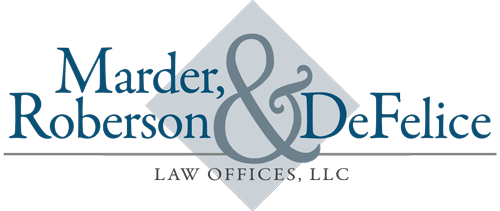There are many kinds of trusts that can be part of a comprehensive estate plan. Each accomplishes a different objective, but in general, trusts allow a person to pass his or her assets to loved ones or charities without the costs, delays and publicity associated with the probate process.
The Tolland County trust lawyers at Marder, Roberson & DeFelice Law Offices, LLC, in Ellington, Connecticut, will take the time to fully explain what trusts can accomplish for you and why they may be right for your comprehensive estate plan.
In addition to creating trusts, our attorneys represent individuals in estate and trust litigation. Whether you question the validity of a trust, you believe a trustee has committed a breach of fiduciary duties or you need to defend against such accusations, we can advocate aggressively on your behalf.
By creating a trust, you establish a legal entity that holds property or assets for the person who created it, who is also called the grantor or settlor. The grantor appoints a person or entity to manage the trust in the event that the grantor becomes incapacitated or dies. This person is known as the trustee. Those who will benefit from the trust are known as beneficiaries.
A revocable living trust is one of the most common types of trusts. Whereas a will is a testamentary instrument that takes effect only upon a person’s death, a revocable living trust takes effect as soon as it is signed and assets are transferred to it. Unlike a will, which only distributes assets upon your death, a living trust provides directions for the management of your assets while you are still alive or long after your passing.
Another common type of trust is a special needs trust, which provides the framework for proper medical care and management of assets for a special needs individual, while also preserving eligibility for government assistance and protecting assets from creditors and predators.
We have more than 90 years of legal experience, the bulk of which has been spent assisting individuals throughout Tolland and Hartford counties. We welcome the opportunity to review your situation, help you establish goals and work toward the best solution. Call 860-872-3000, to schedule an appointment.
